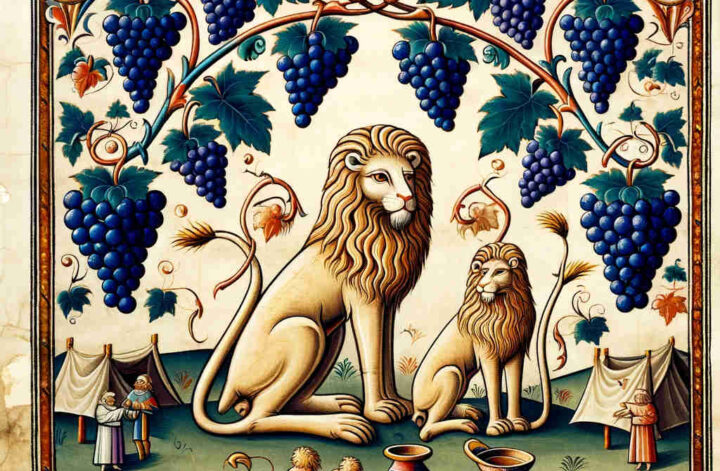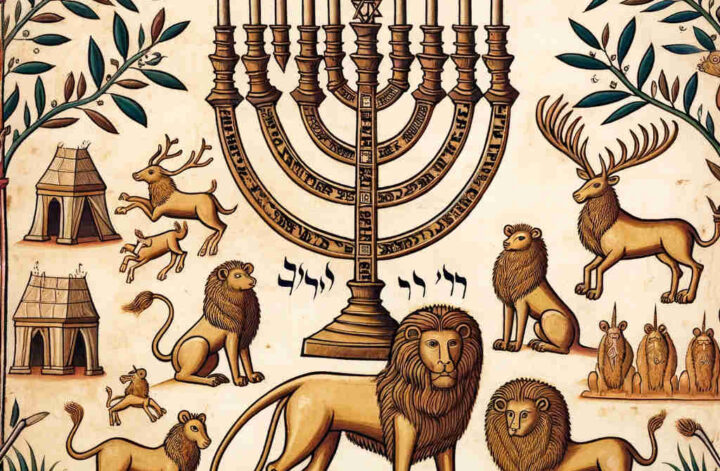Dear Rabbi Joshua,
I am deeply disturbed by a quote I found online from “Schene Luchoth Haberith, p. 250 b” stating, “Although the non-Jew has the same body structure as the Jew, they compare with the Jew like a monkey to a human.” This statement is very troubling to me, and I’m seeking clarification about its authenticity and whether it is really in the Talmud.
Sincerely,
Jonathan Green
Clarifying Misconceptions Around “Schene Luchoth Haberith”
Dear Jonathan,
It’s important and commendable that you are seeking clarity and truth regarding statements that can be distressing and potentially harmful. Let us examine this matter with care and attention to detail.
About the Source: The text you mentioned, “Schene Luchoth Haberith,” is not part of the Talmud. It is actually a separate work, known in Hebrew as “Shnei Luchot HaBrit,” written by Rabbi Isaiah Horowitz in the 17th century. This work is a compilation of ethics, customs, and mystical interpretations of the Torah. The Talmud, on the other hand, is a foundational text of Rabbinic Judaism, covering law, ethics, philosophy, and history, compiled much earlier.
Examining the Alleged Quote: The specific quote you mentioned, comparing non-Jews to monkeys in relation to Jews, is not found in “Shnei Luchot HaBrit,” nor is it a part of any respected Jewish text or teaching. Jewish tradition, in fact, teaches the inherent value and sanctity of all human life, regardless of ethnicity or religion. This principle is deeply embedded in the concept of b’tzelem Elohim, the belief that all humans are created in the image of God.
Jewish Teachings on Human Dignity: Respect for every human being is a core value in Judaism. Misquoted or fabricated statements, such as the one you encountered, do not reflect the teachings or ethics of Judaism. It is essential to approach such claims with skepticism, especially when they contradict the fundamental principles of respect and dignity that Judaism upholds.
Seeking Authentic Sources: When exploring religious texts, especially ones as complex and nuanced as Jewish texts, it is critical to consult authoritative translations, commentaries, and knowledgeable scholars. Misinterpretations and misrepresentations, unfortunately, are not uncommon, and they can lead to misunderstandings about the true nature of Jewish teachings.
In conclusion, Jonathan, the statement you have read is not found in “Shnei Luchot HaBrit” or the Talmud, nor does it represent Jewish thought. Whenever you come across such disturbing claims, I encourage you to continue seeking accurate information and understanding the context. I hope this explanation provides some relief and clarity to your concerns.
With blessings and in pursuit of peace and truth,
Rabbi Joshua


